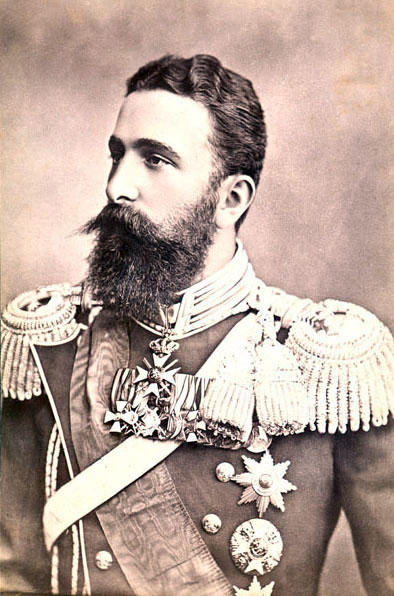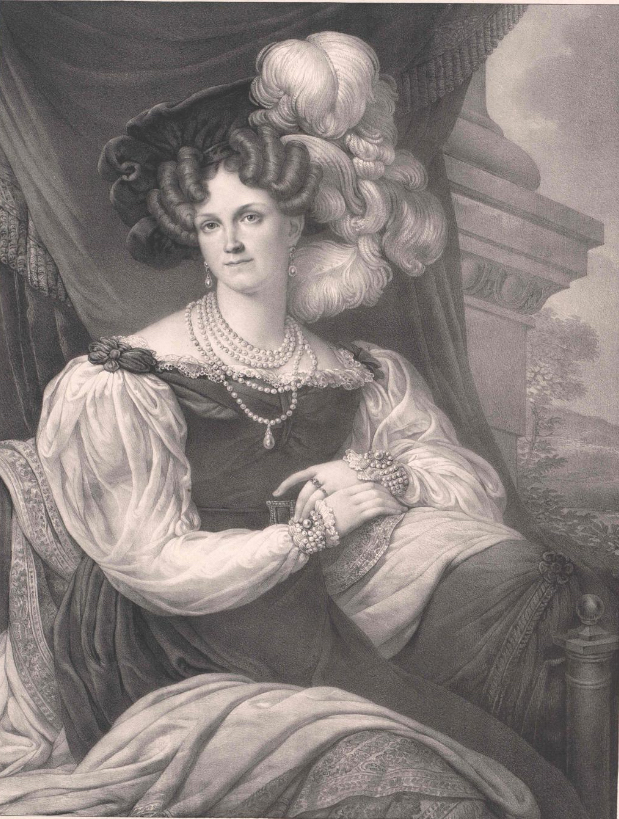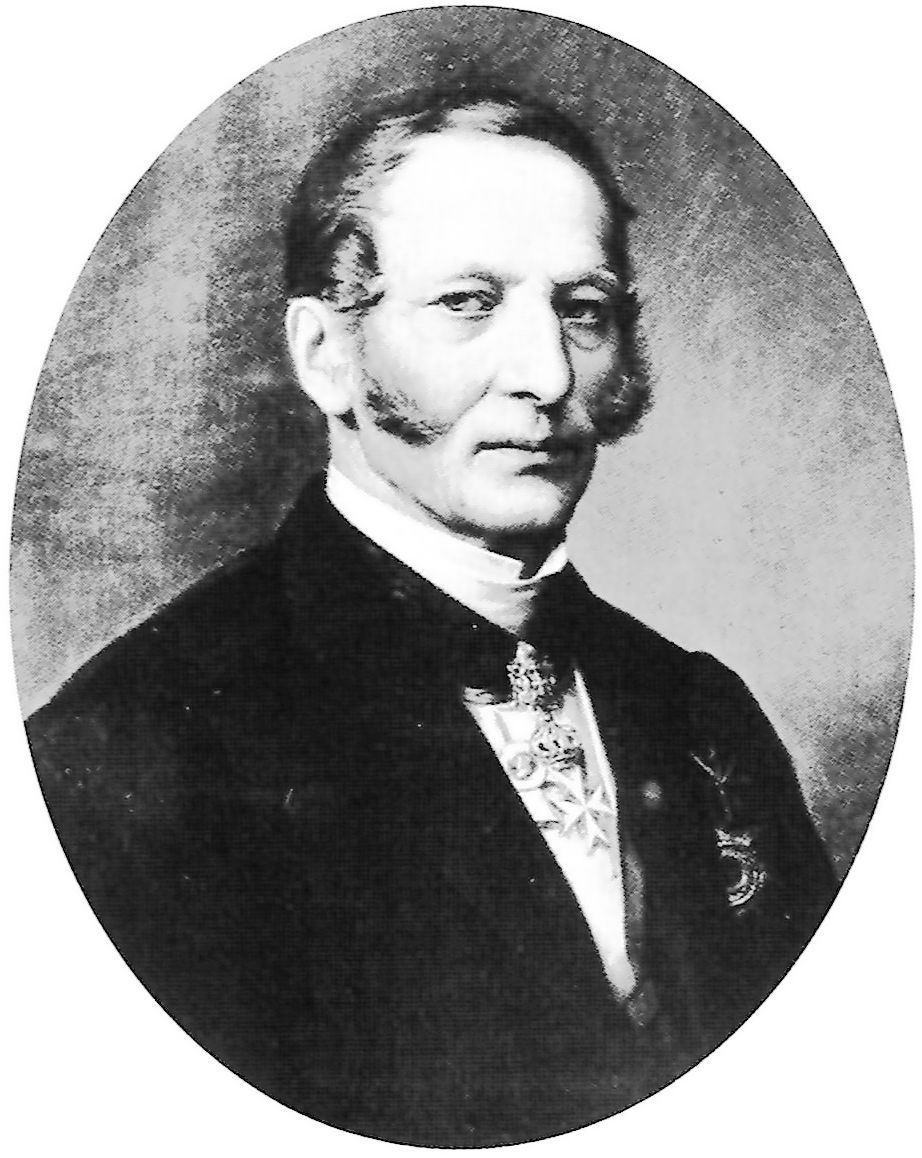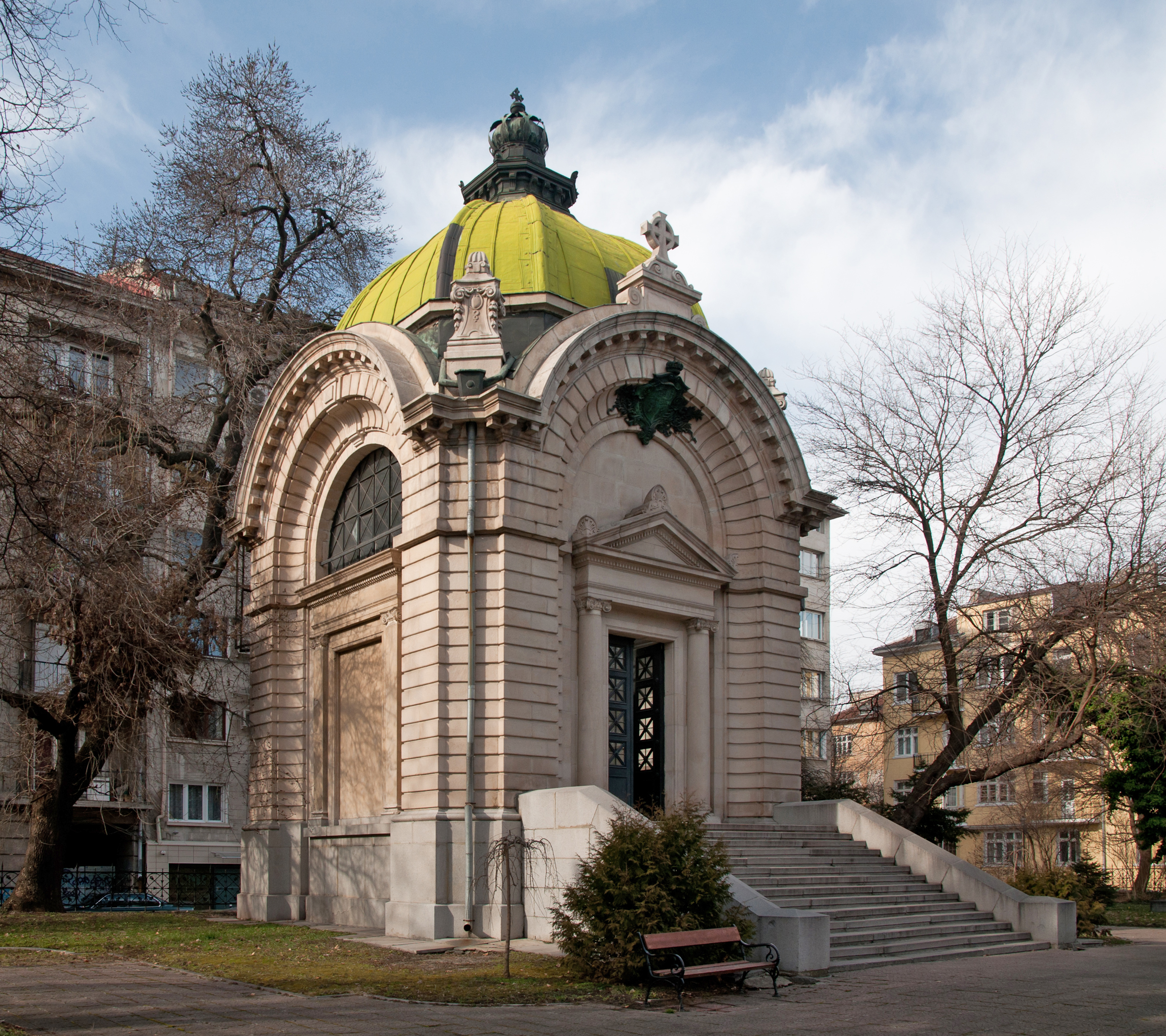One could have been forgiven for thinking that the birth of Prince Alexander Joseph of Battenberg would have little effect on Royal Europe. Alexander was born at Verona on 5 April 1857 as the third child and second son of Prince Alexander of Hesse and by Rhine (1823-1888) and his morganatic wife Princess Julia of Battenberg (1825-1895; née Hauke). Owing to his parents' marriage, he was not in the line of succession to the Grand Duchy of Hesse and by Rhine. Alexander was not even his parents' eldest son. Yet, fate had an interesting destiny in store for him.
 |
| Prince Alexander of Battenberg (1857-1893), Prince of Bulgaria 1879-1886 |
.jpg) |
| Prince Alexander of Hesse and by Rhine (1823-1888) |
 |
| Princess Julia of Battenberg (1825-1895) |
Prince Alexander of Hesse and by Rhine was a son of Grand Duke Ludwig II of Hesse and by Rhine and his wife (and maternal first cousin) Grand Duchess Wilhelmine (née Baden) - or, at least, this is what official genealogies record. However, since Ludwig and Wilhelmine were living separately by the time of their fourth child's arrival, it has been rumoured that Alexander was actually the son of his mother's chamberlain (and lover) Baron August von Senarclens de Grancy. August von Senarclens de Grancy was believed to be the biological father of Grand Duchess Wilhelmine's four youngest children: Elisabeth (1821-1826), a stillborn daughter in 1822, Alexander in 1823, and Marie (1824-1880; future Empress of Russia). Grand Duke Ludwig is not disputed as the father of Wilhelmine's three older children: Ludwig (1806-1877; future Grand Duke Ludwig II of Hesse and by Rhine), a stillborn son in 1807, and Karl (1809-1877).
 |
| Grand Duke Ludwig II of Hesse and by Rhine (1777-1848) |
 |
| Grand Duchess Wilhelmina of Hesse and by Rhine (1788-1836) |
 |
| Baron August von Senarclens de Grancy (1794-1871) |
Alexander of Hesse and by Rhine met his future wife following the 1841 union of his sister Marie to Grand Duke Alexander Nikolaevich of Russia, the future Emperor Alexander II. Countess Julia Hauke was a lady-in-waiting to Grand Duchess Maria Alexandrovna of Russia (née Hesse and by Rhine), the younger sister of Alexander. Alexander and Julia developed a relationship, which was quite frowned upon owing to their differences in rank. The couple eventually had to leave Russia, and they contracted a morganatic marriage in October 1851: the following month Julia was created Countess of Battenberg by her brother-in-law, Grand Duke Ludwig III, who eventually raised her to the title Princess of Battenberg in 1858. The Battenberg princely title was the one which the children of Alexander of Hesse and Julia Hauke would bear. The Hessian prince and Battenberg princess went on to have five children: Marie (1852-1923; married to Prince Gustav zu Erbach-Schönberg), Louis (1854-1921; married to his first cousin once removed Princess Victoria of Hesse and by Rhine), Alexander (the subject of this post), Henry (1858-1896; married to Princess Beatrice of Great Britain, daughter of Queen Victoria), and Francis Joseph (1861-1924; married to Princess Anna of Montenegro).
In 1879, the Grand National Assembly of the newly independent Principality of Bulgaria unanimously elected Prince Alexander as Sovereign Prince of Bulgaria. Alexander's candidacy had been supported by his brother-in-law, Emperor Alexander II of Russia. Two years later, in 1881, a marriage was considered between Prince Alexander I of Bulgaria and Princess Viktoria of Prussia, daughter of Crown Prince Friedrich of Germany and Crown Princess Victoria (née Great Britain; eldest child of Queen Victoria). However, despite the fact that the match was supported by Crown Princess Victoria and her mother Queen Victoria, it was vetoed by Princess Viktoria's grandfather Kaiser Wilhelm I and his chancellor Otto von Bismarck, on the grounds that such a union would offend Russia, where Alexander of Bulgaria's cousin Alexander III had succeeded as emperor in 1881...and Alexander III was not as favourably disposed towards his cousin as Emperor Alexander II had been. Thus, a marital alliance between Prince Alexander of Bulgaria and Princess Viktoria of Prussia was doomed - to the despair of the princess, who had fallen in love with the prince. Viktoria later entered into two marriages, both of which brought her no satisfaction.
 |
| Princess Viktoria of Prussia (1866-1929) |
Alexander of Bulgaria struggled in his mission to advance the interests of the nascent Bulgarian state. His efforts were to prove futile. Alexander realised that his position was becoming insupportable, due to the opposition of other countries, and in September 1886 he abdicated as Sovereign Prince of Bulgaria. He left the country the day after his abdication.
Following his departure from Bulgaria, Alexander settled into private life. He married
Johanna Maria Louise Loisinger (1865–1951), an Austrian actress, in 1889. Alexander adopted the title Count of Hartenau. Alexander and Johanna had two children: Assène Ludwig Alexander (1890–1965) and Marie Therese Vera Zvetana "Tsvetana" (1893–1935). Count Assène married Bertha Hussa in 1934; the couple never had children. Countess Tsvetana wed Charles Hercule Boissevain in 1924, but the pair divorced shortly afterward in 1927.
 |
| Countess Johanna of Hartenau with her son Assène and daughter Tsvetana |
 |
| Count Assène of Hartenau |
Prince Alexander of Battenberg died at the age of thirty-six at Graz in 1893. In time, his remains were transferred to the Bulgarian capital, Sofia. Alexander now rests in a mausoleum in Bulgaria, the country where he reigned as prince for seven years.
 |
| The Battenberg Mausoleum in Sofia, Bulgaria |

.jpg)







